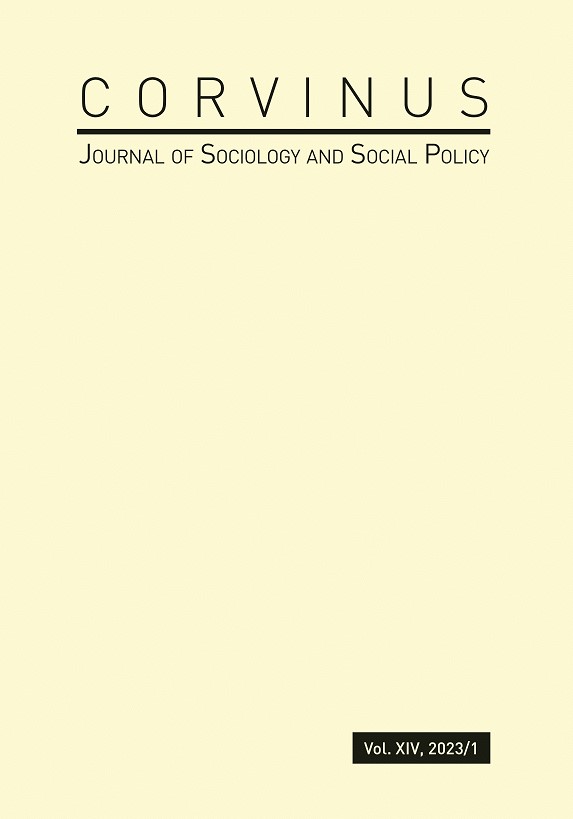After Two Years of the Covid-19 Pandemic in Germany: Communication about Unvaccinated Individuals and Possible Social Consequences
After Two Years of the Covid-19 Pandemic in Germany: Communication about Unvaccinated Individuals and Possible Social Consequences
Author(s): Kerstin WüstnerSubject(s): Theory of Communication, Health and medicine and law, Identity of Collectives
Published by: Budapesti Corvinus Egyetem Szociológia Doktori Iskola
Keywords: COVID-19; public communication; social representations; unvaccinated individuals; scapegoating; social fragmentation; Germany
Summary/Abstract: The German government struggled with the question of what to do to mitigate the COVID-related crisis. Since vaccines had become available for all, the focus turned to unvaccinated individuals. This paper investigates public communication about unvaccinated people and the possible social consequences of the latter. For this purpose, selected statements of politicians and medical/scientific representatives are analyzed. Some representatives put the responsibility for the ongoing pandemic on unvaccinated people. They were pictured as supporters of conspiracy theories or as individuals that lacked cognitive or social competences. In order to persuade them to be vaccinated, several measures were suggested. To enhance the persuasion, political communication sometimes seemed to simplify or even neglect scientific knowledge. Finally, it is critically discussed what it could mean for society and the handling of the crisis if the described social representations of unvaccinated people reflected, at least to some extent, public understanding; this includes stigmatization, scapegoating and fragmentation.
Journal: Corvinus Journal of Sociology and Social Policy
- Issue Year: 14/2023
- Issue No: 1
- Page Range: 27-54
- Page Count: 28
- Language: English

